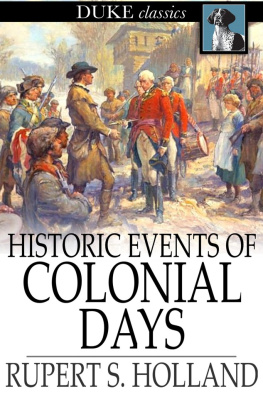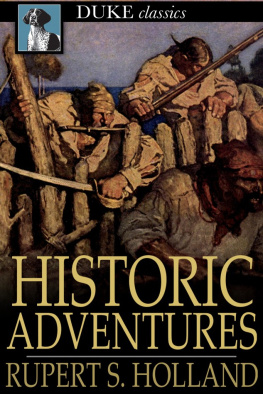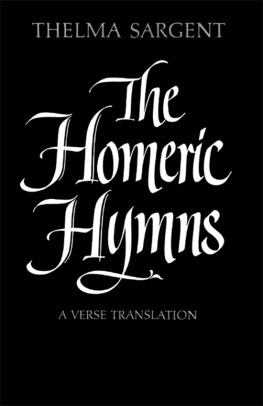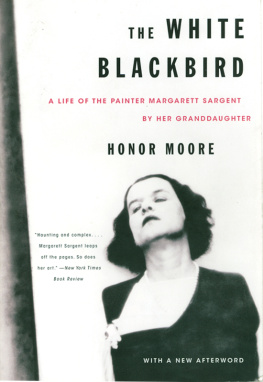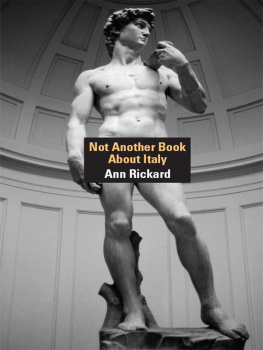Portrait Victor Emmanuel
VICTOR EMMANUEL
BUILDERS OF
UNITED ITALY
BY
RUPERT SARGENT HOLLAND
WITH EIGHT PORTRAITS
printers imprint
NEW YORK
HENRY HOLT AND COMPANY
1908
Copyright, 1908 ,
BY
HENRY HOLT AND COMPANY
Published, August, 1908
THE QUINN & BODEN CO. PRESS
RAHWAY, N. J.
To
That Spirit of Italy
Which Calls to Men in All Lands
Like the Charmed Voice of
Their Own History
There is no history more alternately desperate and hopeful than that of the scattered Italian states in their efforts to form a united nation. Many forces fuse in the progress of such a popular movement, and each force has its own particular spokesman or leader. The prophet and the soldier, the poet and the statesman, each gives his share of genius. Those men who seemed to represent the most potent forces in this history are included here.
ALFIERI, THE POET
Alfieri was more than a great poet, he was the discoverer of a new national life in the scattered states of Italy. Putting aside consideration of his tragedies as literature, no student of the eighteenth century can fail to appreciate his influence over Italian thought. It was as though a people who had forgotten their nationality suddenly heard anew the stories of their common folk-lore. The race of Dante, of Petrarch, and of Tasso spoke again in the words of Alfieri.
It was high time that disunited Italy should find a poets voice. There was no vigor, no resolution, no originality from Turin to Naples, people of all classes were sunk in apathy. No wonder that foreign lovers of medival Italy turned their eyes away from the seats of so much former glory; there seemed little hope in a people given over to trivial personal enjoyment. There was no liberty of speech or actionsentiment, reason, passion were all measured by the grand-ducal yard-stick.
At about the middle of this artificial eighteenth century, in 1749, Vittorio Alfieri was born at Asti, in Piedmont. His parents were of the upper rank in the close social order of the small kingdom, his father Antonio Alfieri, a man of independent means, who, as one biographer has it, had never soiled his mind with ambition or his hands with labor. His mother was the widow of the Marquis of Cacherano, and had two daughters and a son before she married Antonio Alfieri. After the latters death, which occurred when Vittorio was scarcely a year old, she married again, and it was this stepfather, the Chevalier Giacinto Alfieri di Magliano, who stood in place of father to Vittorio and his sister, as well as to their older half-brother and sisters. Although these other children were near his own age the boy Vittorio seems to have passed a lonely childhood, driven into unusual solitude by the waywardness of his nature.
While still a child, Alfieri was sent away to the Academy of Turin, the first of those journeys in which he was later to take such delight. He cared little for books or study of any sort, he was over-critical, and yet without the ambition to perfect himself. He spent his time, as he says, in his famous memoirs, in acquiring a profound ignorance of whatever he was meant to learn; and he left the Academy not only with no knowledge of what were termed the humanities, but with no interest in any language, speaking a mixed jargon of French and Piedmontese, and reading practically nothing. Knowledge was held in small esteem by all classes at that particular time, and the priests, who formed the teaching class, were at small pains to spread a zeal for learning which they did not share. Alfieri says, We translated the Lives of Cornelius Nepos; but none of us, perhaps not even the masters, knew who these men were whose lives we translated, nor where was their country, nor in what times they lived, nor under what government, nor what any government was!
In spite of the extraordinary incapacity of his teachers, Alfieri did succeed in learning something, although he was always at great pains to decry his early education. He learned sufficient Latin to translate the Georgics of Virgil into his Italian dialect, and he was fond of reading Goldoni and Metastasio. A little later he passed into a more advanced grade, where he met many foreign youths who had been sent to Turin to study, and where he was allowed some liberty in choosing his own course. He found as much fault with these new conditions as with the old. The reading of many French romances, he says, the constant association with foreigners, and the want of all occasion to speak Italian, or to hear it spoken, drove from my head that small amount of wretched Tuscan which I had contrived to put there in those two or three years of burlesque study of the humanities and asinine rhetoric. In place of it he learned and read much French, then the language of polite society.
In such aimless desultory fashion Alfieri passed his boyhood. He hated all restraint, and was continually getting into difficulties with the officers of the Academy. He had more money than was good for him, and spent it in the wildest extravagances whenever the opportunity offered. He bade fair to become a more or less typical member of the Piedmont nobility, perhaps a little more of a free-thinker than most, and considerably more restive. He chafed at the lack of freedom allowed him at the Academy, and on the marriage of his sister to the Count Giacinto Cumiana besought her and the Count to use their influence to have his scholars bonds loosened. They succeeded, and Alfieri promptly took advantage of his liberty to join in all the dissipations of the capital, and to gratify his passion for riding. In about a year he became the owner of a stable of eight horses. When his older friends cautioned the boy against his extravagance he answered that he was his own master and intended to do as he chose.
While still at the Academy the youth had sought a position in the army, but very short service as ensign in a militia regiment proved to him that he was as little fond of military restraint as of scholastic. He traveled to Genoa with two boy friends and fell in love with their sister-in-law, a vivacious brunette. He worshiped her from a distance, becoming, as he writes in his ardent Italian, a victim to all the feelings which Petrarch has so inimitably depicted ... feelings which few can comprehend, and which fewer still ever experienced. On his return from Genoa he considered himself a great traveler, and spoke as such, only to be laughed at by the English, French, and German boys who had been his classmates. Immediately he was seized with a passion for travel. He was only seventeen years old, and knew that he would not be permitted to travel alone. Fortunately an English teacher was about to set out with two scholars on a journey through Italy, and was willing to have Alfieri join his party. So strict was the court of that day that the Kings consent had to be obtained before the youth could leave the country. Through his brother-in-laws influence Alfieri obtained the royal permission to go abroad.
The travels had been looked forward to with the greatest excitement. When they were begun Alfieri professed himself utterly bored by almost everything he saw. As one of his biographers says, He was driven from place to place by a demon of unrest, and was mainly concerned, after reaching a city, in getting away from it as soon as he could. He gives anecdotes enough in proof of this, and he forgets nothing that can enhance the surprise of his future literary greatness. Whether this desire to surprise his readers is really the keynote of the first years in his memoirs or not, it would appear that the youth was about as restless and turbulent-minded a creature as could be met with. The further he traveled in Italy the less he liked it; he would not speak the language or read the literature, he looked at an autograph manuscript of Petrarch with supreme indifference, and wished to be mistaken for a Frenchman. Yet this boy was to become, in time, the real reviver of Italian letters.




